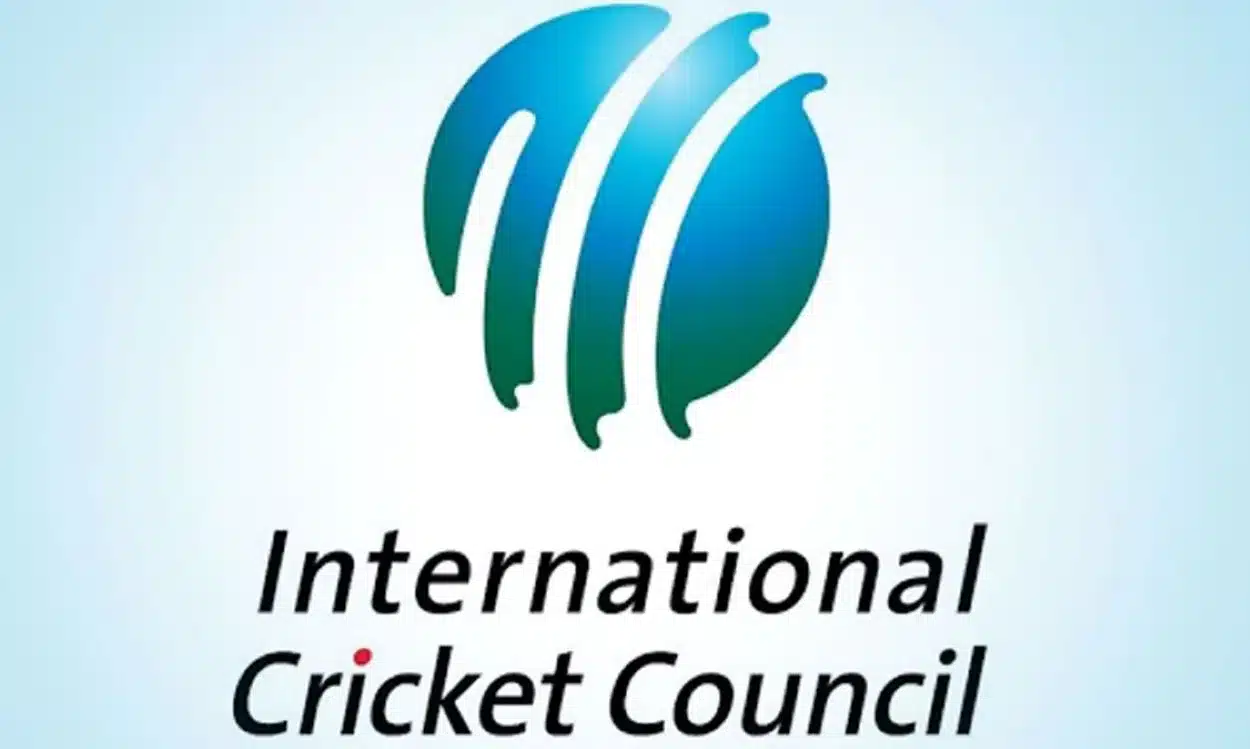Cricket’s associate nations are concerned that the proposed international revenue model, favoring the sport’s top countries, might hinder the game’s expansion.
The International Cricket Council (ICC) has proposed a revenue-sharing model for 2024-27, favoring India, cricket’s main financial contributor. The ICC’s 12 full members would receive 88.81% of the revenue, leaving the rest for the 94 associate members.
Pakistan has voiced opposition to the model, with growing discontent among developing cricket nations. Associate members argue that the proposal fails to meet their needs, particularly maintaining high-performance programs and closing existing funding gaps.
The CEO of the Vanuatu Cricket Association warned that the model could further the inequality between wealthy and less affluent cricket nations, thereby risking the game’s future.
Ehsan Mani, former ICC President, criticized the ICC’s approach to developing cricketing nations. He highlighted the sport’s over-dependence on India. He advocated for equal revenue distribution among all full members, emphasizing the need for a stronger cricket presence in nations such as West Indies, South Africa, Sri Lanka, Bangladesh, and Pakistan.






